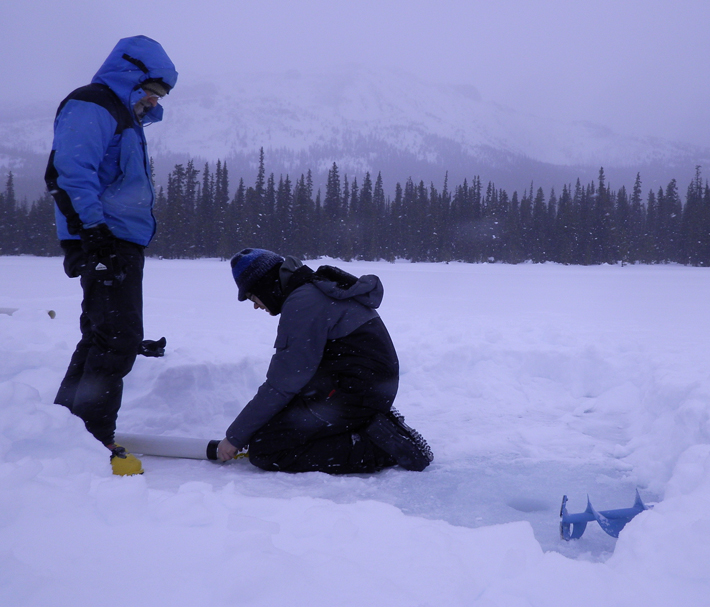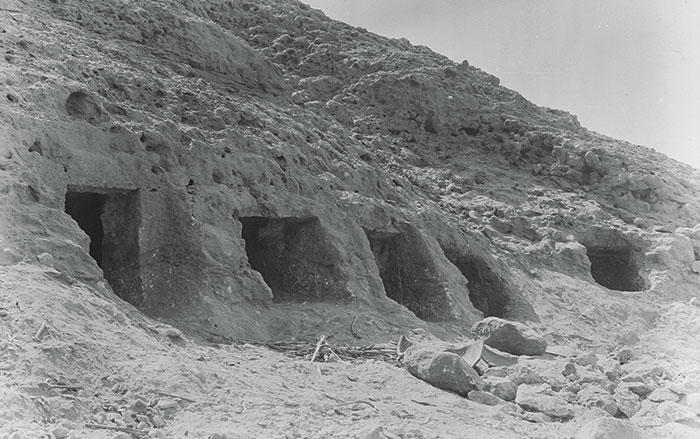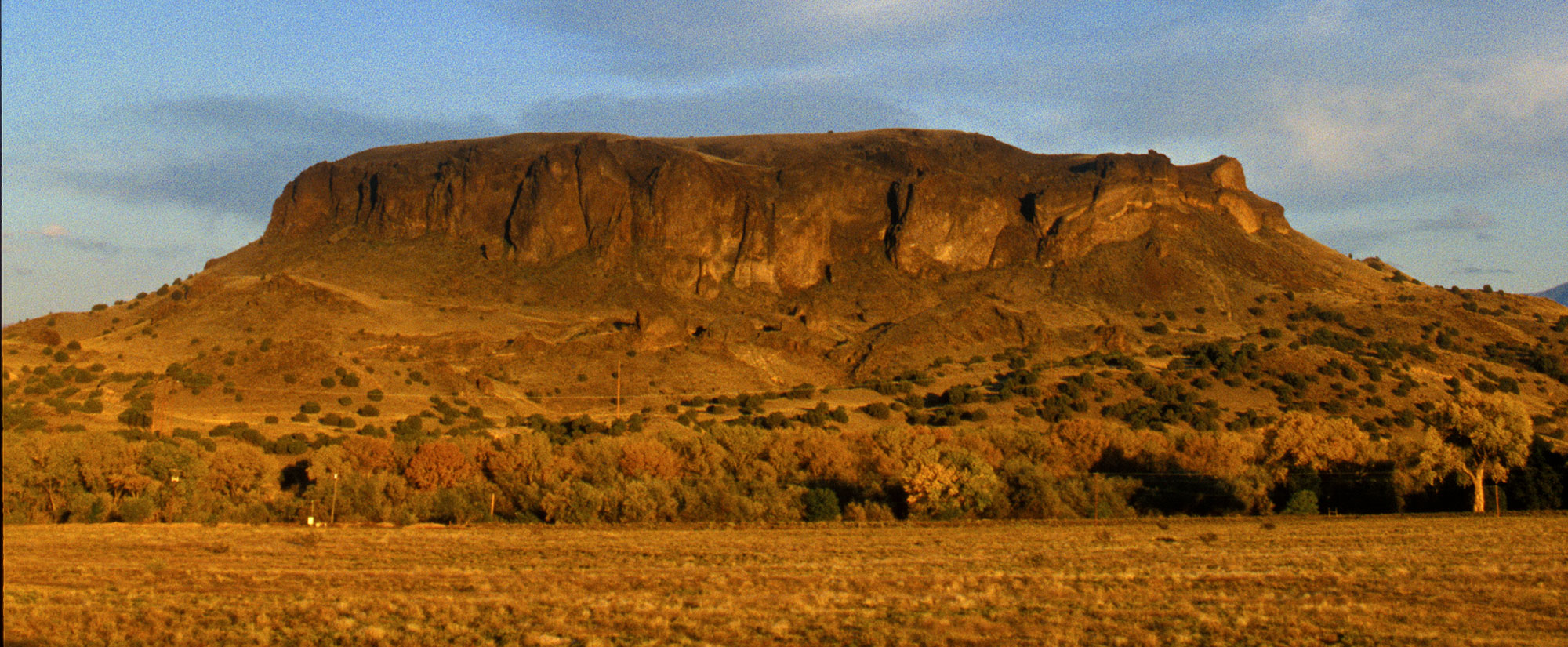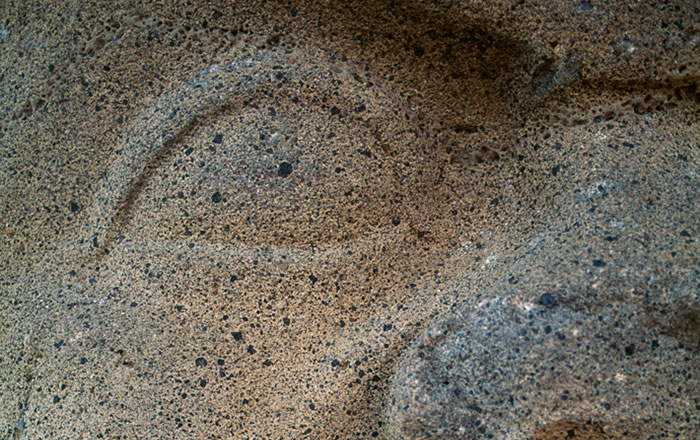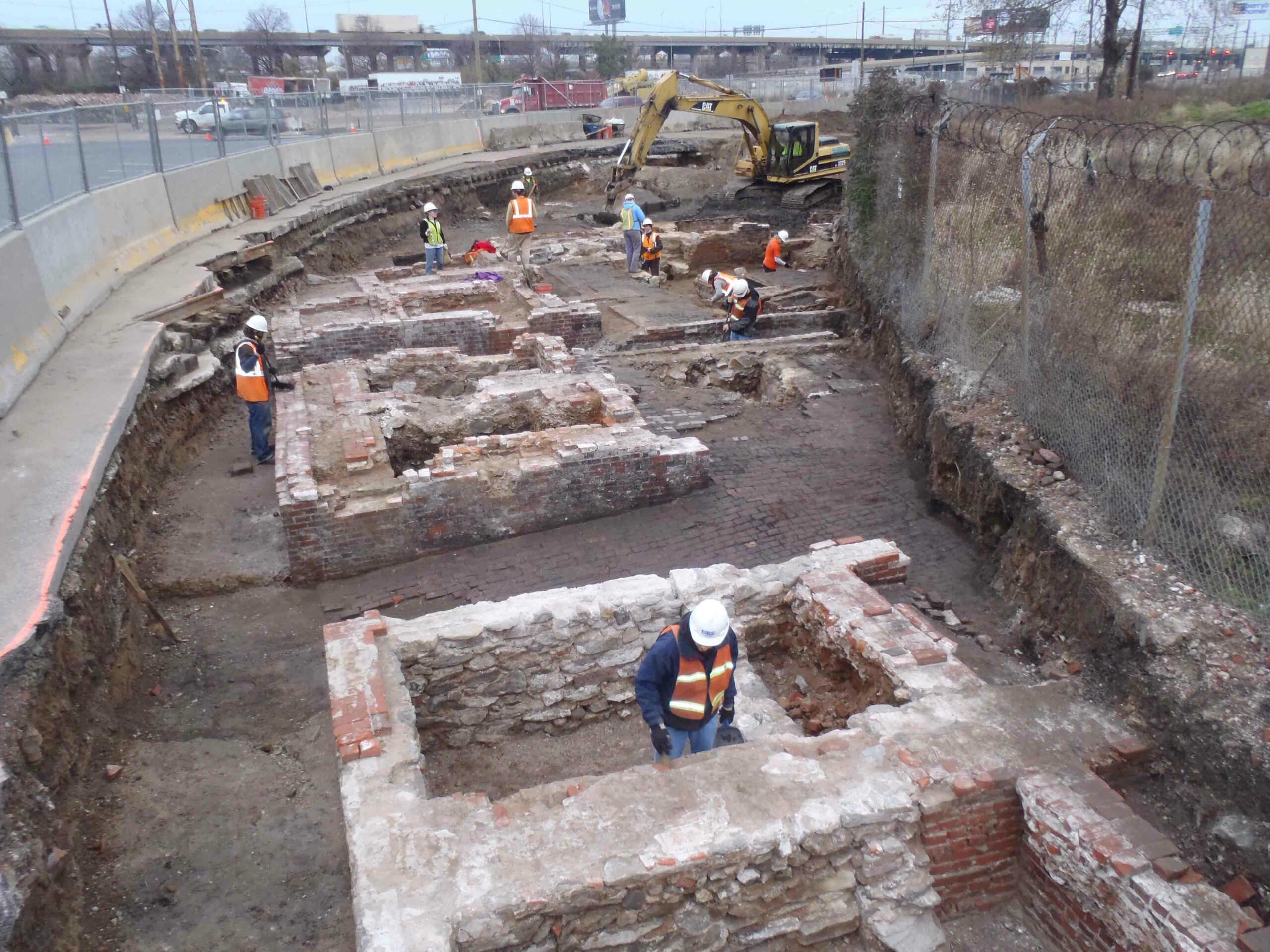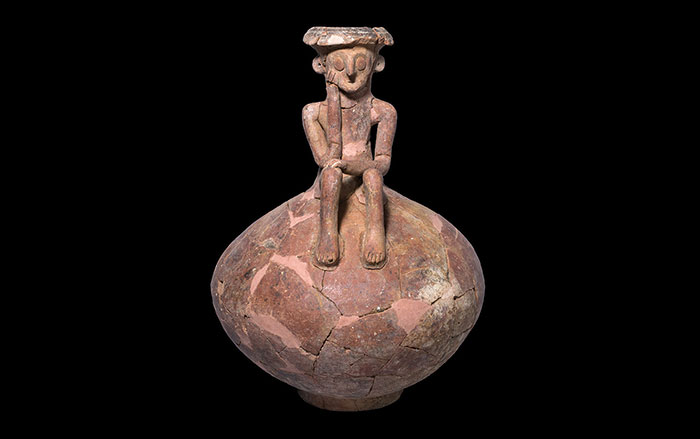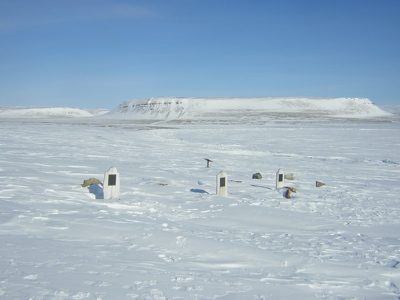
NUNAVUT, CANADA—According to a report in Live Science, a team led by Douglas Stenton of Nunavut’s Department of Culture and Heritage obtained DNA samples from at least 24 members of the ill-fated Franklin Expedition, which attempted to find a Northwest Passage linking the Atlantic and Pacific oceans in 1845. All were lost when Sir John Franklin’s ships were trapped in the ice of the Canadian Arctic and the sailors abandoned their ships in 1848. The tests revealed that the bones of one individual were found at two different sites about a mile apart. Stenton suggests that an 1879 search party may have moved some of the bones and reburied them. The tests also suggest that four of the samples came from women, but this may be the result of an insufficient amplification of Y chromosomes in the samples. And, although it would have been unusual to have so many women on one voyage, women may have served surreptitiously or been smuggled on board disguised as men. Finally, the researchers may eventually be able to identify the remains of the crew members. “We have been in touch with several descendants who have expressed interest in participating in further research,” Stenton said. To read in-depth about the discovery of one of the expedition's ships, go to “Franklin’s Last Voyage.”


